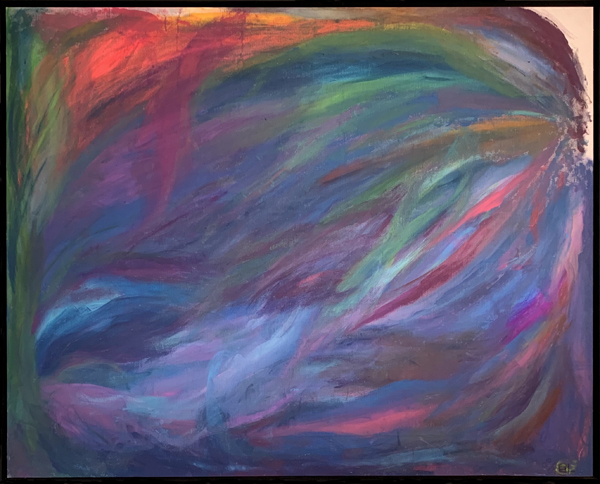There was a time that was easeful to the mind.
You got on a train and there you were.
You went to work and there you were.
The architecture of the building was yours,
and the boss may have been exigent but he was yours.
Certainly the neighbors were yours, and the newspapers
were filled with you. If you liked art and books
they were always yours. If you liked sports,
the players and the coaches and the rules
were nothing but you at your golden best.
If you were thoughtless, you could sit in an easy chair,
knowing the TV would smile its gorgon smile
and disgorge images of you and you and you.
And your wife—who else could she be but yours
in every turn of her apron, in every turn of her duster
on the banister, in every pliant turn in bed?
Thought, thought is the enemy, or the thought
that represses a thought. To be self-conscious,
to go through life assessing each habit, phrase,
way of looking, to know that the neutral expression
on your face will always be misconstrued
as scornful or insufficiently respectful,
to avoid being the Other in the room,
to avoid saying the one thing that would surround you
in a fetid cloud of loathing, to have to think not to think!
Look at your hand—isn’t it changing from all
the repression? Look at your face—
that isn’t a five o’clock shadow
but something deeper and more permanent,
something—dare I say it?—darker, darker,
something you can never scrub off.
From Divine Fire, by David Woo, available here.
This poem appeared in Ron Charles’s Book Club for The Washington Post, which selected Divine Fire as one of the best poetry books of 2021.


